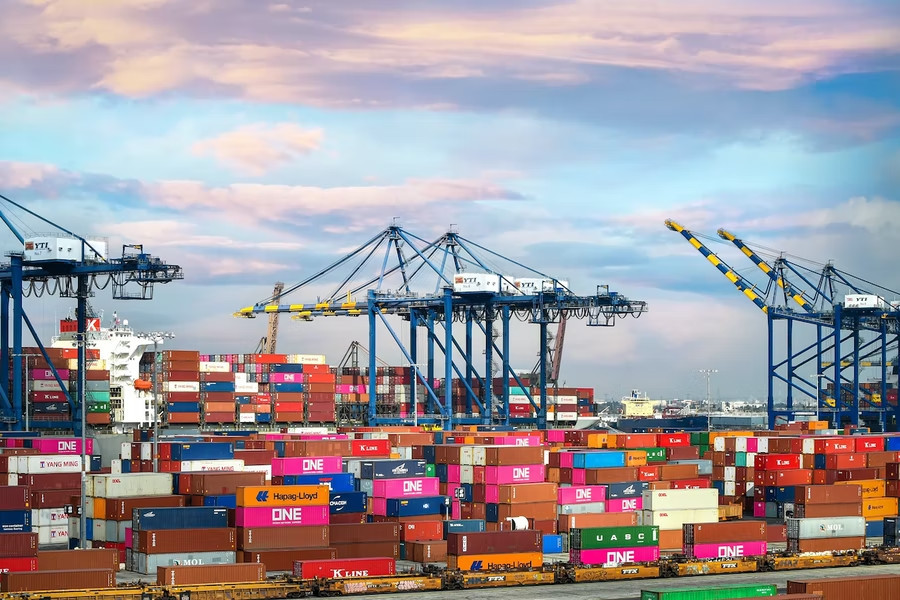
Shipping containers at the Port of Los Angeles. Photo credit: Barrett Ward via Unsplash.
West Coast ports and dockworkers are negotiating a new labor contract. If things don’t go well there could be delays that undermine U.S. competitiveness. The AAFA and others say that delay would mean increased supply chain disruptions and higher costs for consumers
|
The American Apparel & Footwear Association (AAFA), the Retail Industry Leaders Association (RILA), and the Travel Goods Association (TGA) jointly sent a letter to President Biden and Vice President Harris regarding the ongoing International Longshore and Warehouse Union (ILWU) and the Pacific Maritime Association (PMA) contract negotiations at the West Coast ports.
The groups urge the administration to engage in the West Coast labor negotiations to ensure the needs of the workers and the ports are met, and further backups, delays, and inflationary costs are avoided.
Key highlights:
According to the associations, if both parties don’t remain at the table and the current negotiations don’t make meaningful progress toward an agreement, the consequences will exacerbate existing supply chain challenges. They say this will be to the detriment of the U.S. economy, American importers and exporters, the tens of millions of workers they employ, and the hundreds of millions of consumers they serve.
The associations urge the encouragement of both parties to remain at the table until an agreement is finalized because even a relatively brief port slowdown or shutdown would compound current supply chain challenges and cause long-lasting damage to consumer confidence and American businesses.
The associations hope that the administration, the PMA, and the ILWU will leverage this opportunity to address systemic operational challenges at U.S. ports, supporting infrastructure modernization and enabling transparency, data sharing, and interoperability to facilitate end-to-end visibility.
The full letter is given below:





